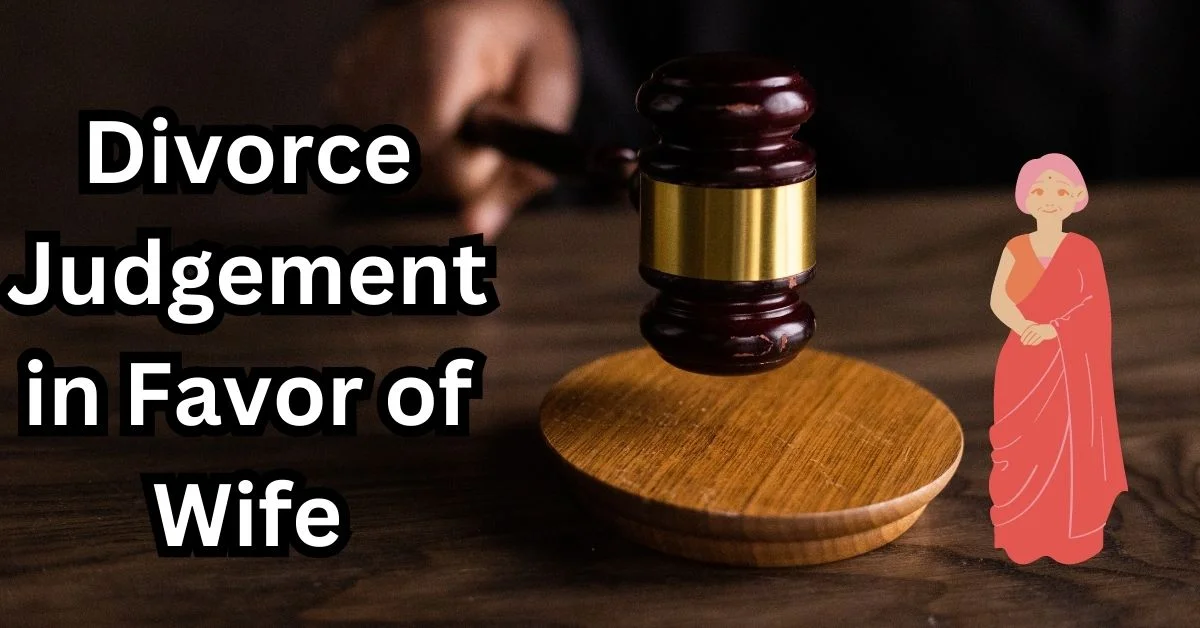In a recent judgment by the Delhi High Court, divorce was upheld to a husband based on grounds of cruelty inflicted by his wife. The case saw the court pronounce its decision on September 5th, 2023, after reserving judgment on July 31st, 2023.
Background
The case revolved around a husband and wife, herein referred to as the appellant and respondent, who were married according to Hindu customs on 22.11.2015 in New Delhi. Their union was initially harmonious, but over time, issues started to emerge. They resided together with the husband’s parents in the same household, but the marriage eventually became strained. In February 2019, the wife lodged a dowry harassment complaint against her husband and his family with the police in Faridabad, her husband’s hometown. This complaint led to a subsequent settlement agreement on 11.03.2019, which included several crucial stipulations.
The Settlement Agreement
The settlement agreement comprised several clauses, such as:
- Both parties would live separately from the husband’s parents.
- All dowry items and jewelry, both given and received, would belong to the wife.
- The husband would refrain from threatening divorce.
- The in-laws of the wife would not demand additional dowry.
- Neither family would interfere in the affairs of the husband and wife.
- The husband would use his income for their expenses, saving the remainder.
Separation and Legal Actions
Following the settlement, the couple rented a separate residence and lived together for three months. However, by May 31, 2019, they had separated. The wife went to live with her parents and briefly worked as a teacher. This separation marked the beginning of a series of legal actions. On 7.6.2019, the wife filed a complaint with the police, and subsequently, an FIR was registered under various sections of the Indian Penal Code. The husband initiated divorce proceedings on grounds of cruelty on 06.06.2019, alleging that the wife consistently engaged in quarrels and refused to perform her marital duties. Wife filed cases under the Domestic Violence Act and section 125 CrPC against the husband.
The Wife’s Allegations in Divorce Case
In her Reply/Written Statement to the divorce petition, the appellant/wife made several claims and allegations:
- The wife denied the respondent’s allegations and asserted that she suffered dowry harassment and immense physical and mental torture.
- Her parents spent a significant amount on their marriage as per the respondent’s demands.
- The mother of the respondent harassed the appellant for bringing less dowry.
- The wife alleged that she was turned out of her matrimonial home due to cruel acts by the respondent and his family.
- She disclosed that she was taken to a “tantric” by her mother-in-law for rituals where she experienced abuse and physical harm.
- She asserted that her brother-in-law attempted to molest her about a year ago. When she confided in her mother-in-law about the incident, she was told not to disclose it to anyone, with reassurances that such actions would not recur.
- The appellant stated that after living separately from the respondent, a dangerous incident occurred when the respondent and his family tampered with the gas burner in an attempt to harm her.
- On 31.05.2019, the respondent left her at the main gate of Sector 31, Faridabad, warning that she would not be allowed back into her matrimonial house unless she brought money from her parents.
Family Court’s Observations and Decisions
- Noted specific incidents demonstrating the wife’s quarrelsome nature and frequent disputes with her husband.
- Highlighted that the wife’s insistence led to her and the respondent living separately from her in-laws, but her behavior didn’t improve.
- Stated that due to her actions, the respondent left her at her parents’ house.
- Considered these acts by the appellant as cruel, leading to the dissolution of the marriage under Section 13(1)(ia) of The Hindu Marriage Act 1955.
- Ordered the husband to hand over the Car to the wife’s father and deliver Stridhan, including jewelry, to the wife within ten days.
- Directed the wife to pay Rs.3 lacs to the appellant’s father for using the car and another Rs.3 lacs for the use of Stridhan jewelry, among other things.
Appeal in High Court
Hon’ble Delhi High Court made following observations and upheld the divorce granted by the Family Court.
- The parties got married in November 2015, but no children were born from the marriage.
- The wife left the husband several times, and complaints and FIRs were filed by her against the husband and his family.
- The divorce was sought on grounds of cruelty, encompassing both physical and mental aspects.
- Mental cruelty was defined as conduct causing a reasonable apprehension of harm or injury to the spouse.
- Allegations included dowry harassment, molestation by a brother-in-law, and an attempt to kill the wife.
- The court found that many allegations lacked substantial evidence and were contradicted in the appellant’s own testimony.
- The court highlighted that the complaints seemed to be retaliatory, filed after the husband initiated divorce proceedings.
- The judge concluded that the husband had been subjected to mental cruelty and upheld the divorce decree.



